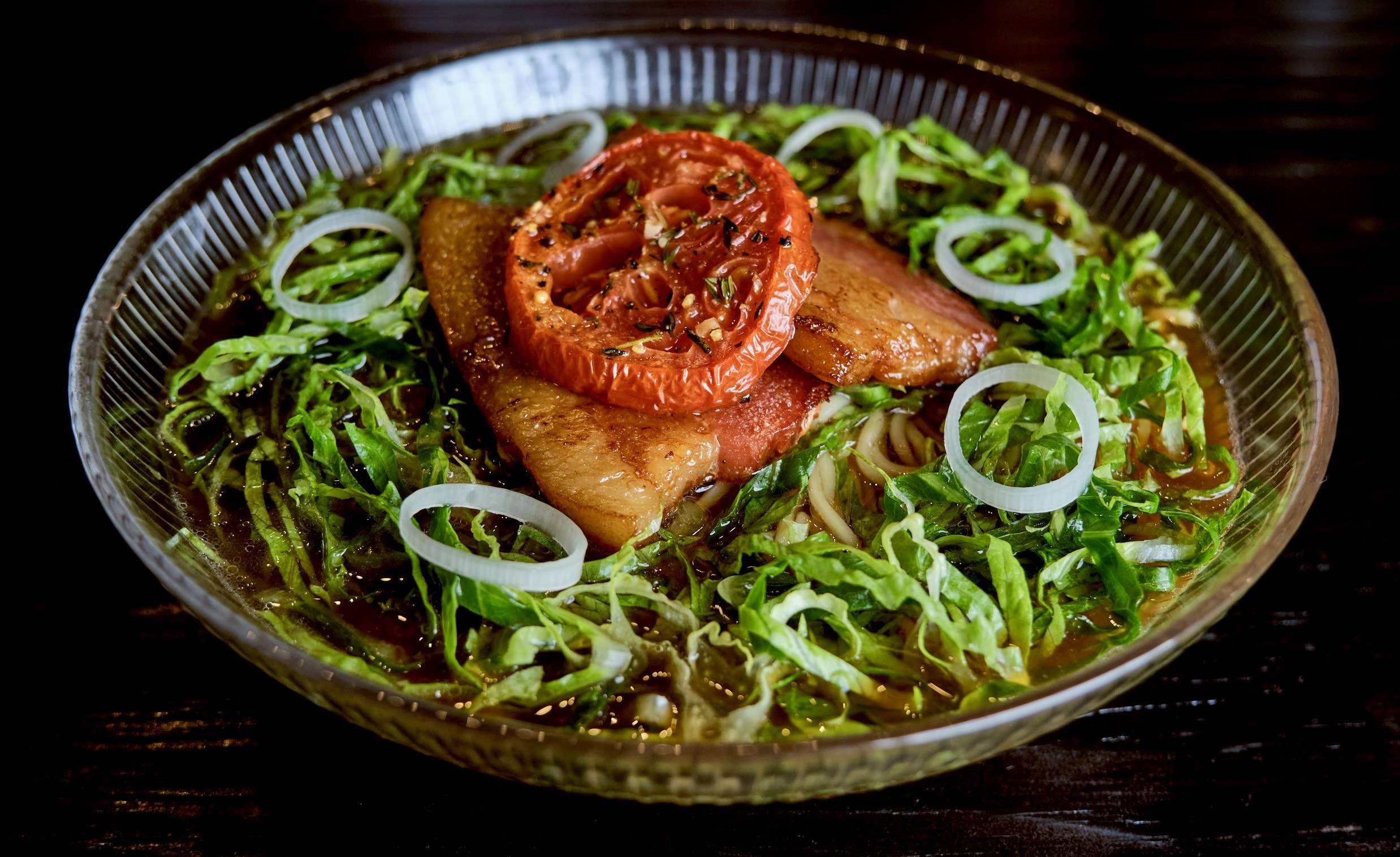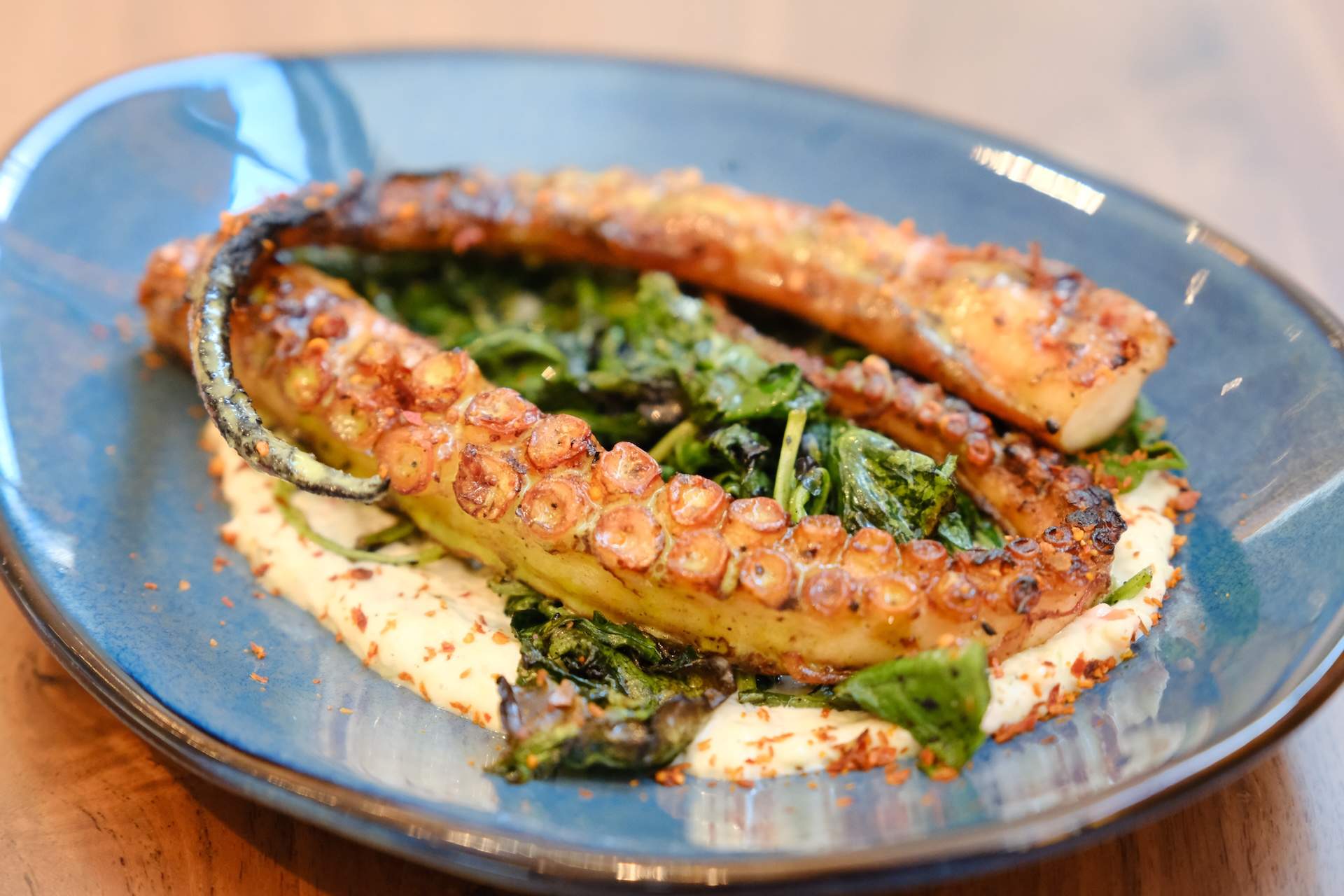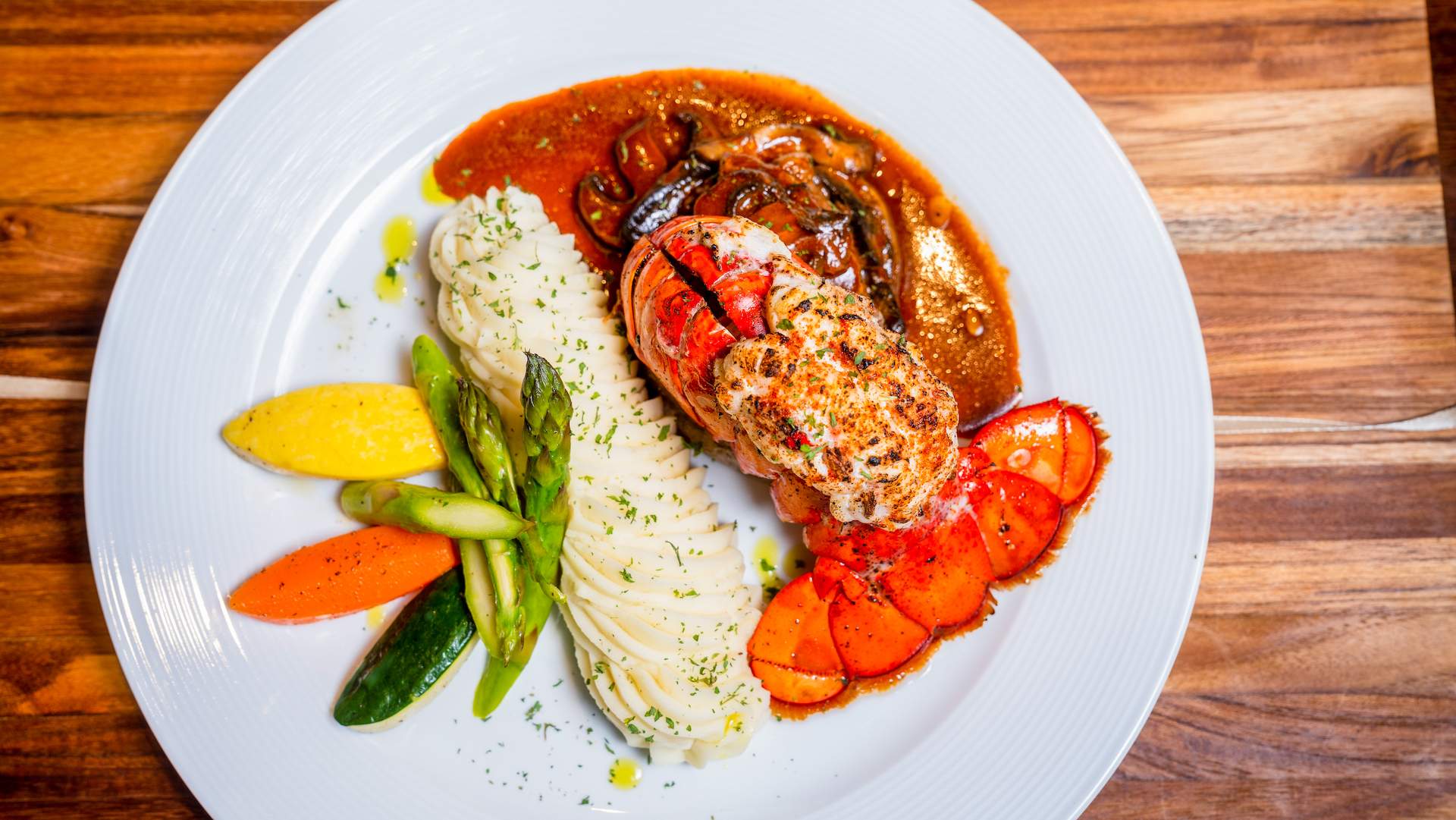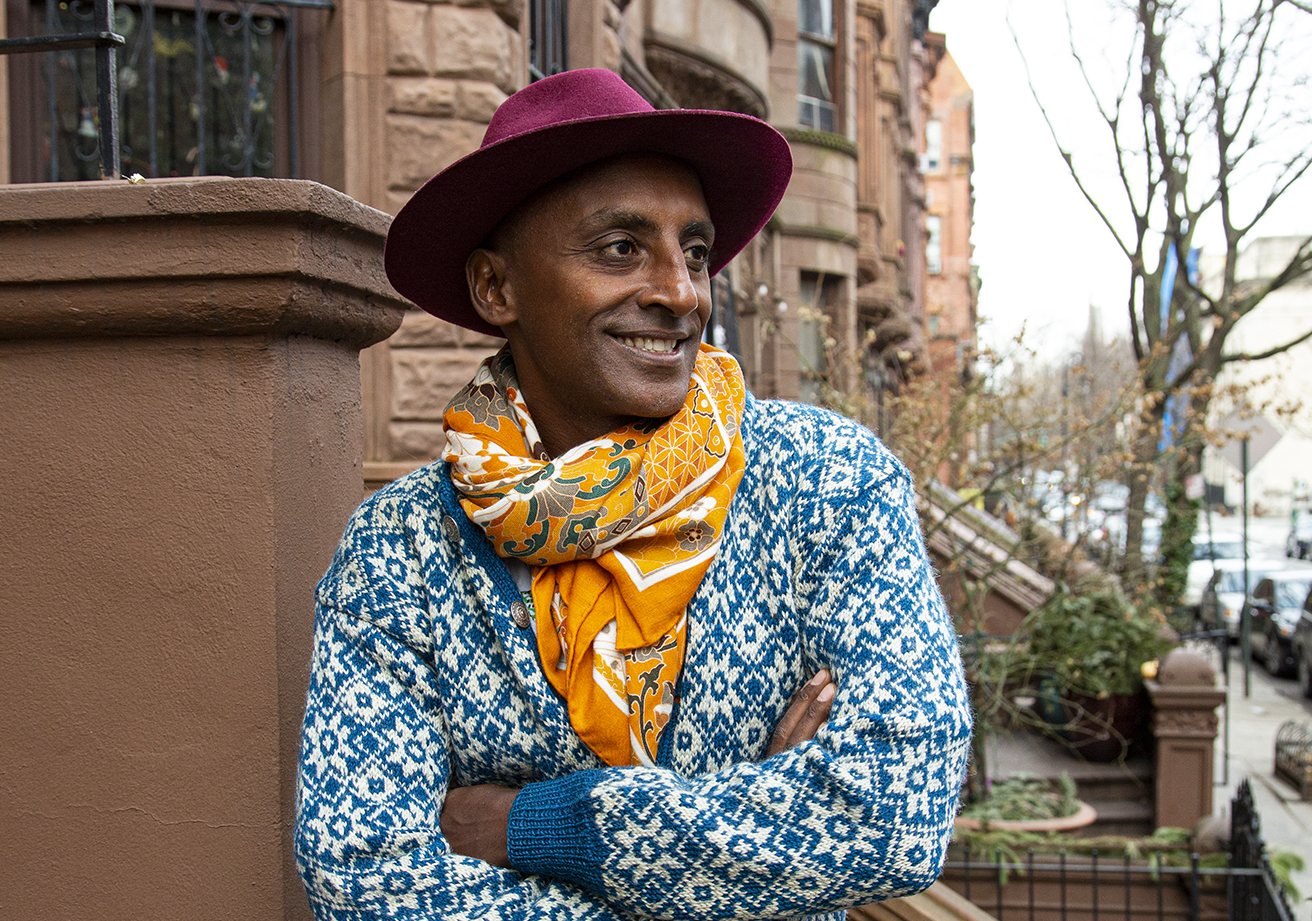A Jamaican immigrant who saved one of America’s oldest bars as a way of thanking his adopted country, a chef inspired to open her very first restaurant after training with legends like Marcus Samuelsson, and a Harlem icon who’s building on her aunt’s Southern food legacy in more ways than one.
This is just a small peek at the stories behind some of NYC’s best Black-owned restaurants, and the start of Black History Month is just one reason to dive even deeper into what inspired them. Not only will you learn the rich backstories, but a trip to these restaurants will also fill you with warming bowls of BLT ramen, a burger inspired by the 1985 classic Goodfellas, and a generous, crispy serving of fried chicken and eggnog waffles—to name just a few.
Read on for an exciting list of Black-owned restaurants to book across the city right now.
Ramen by Ra (Lower East Side)
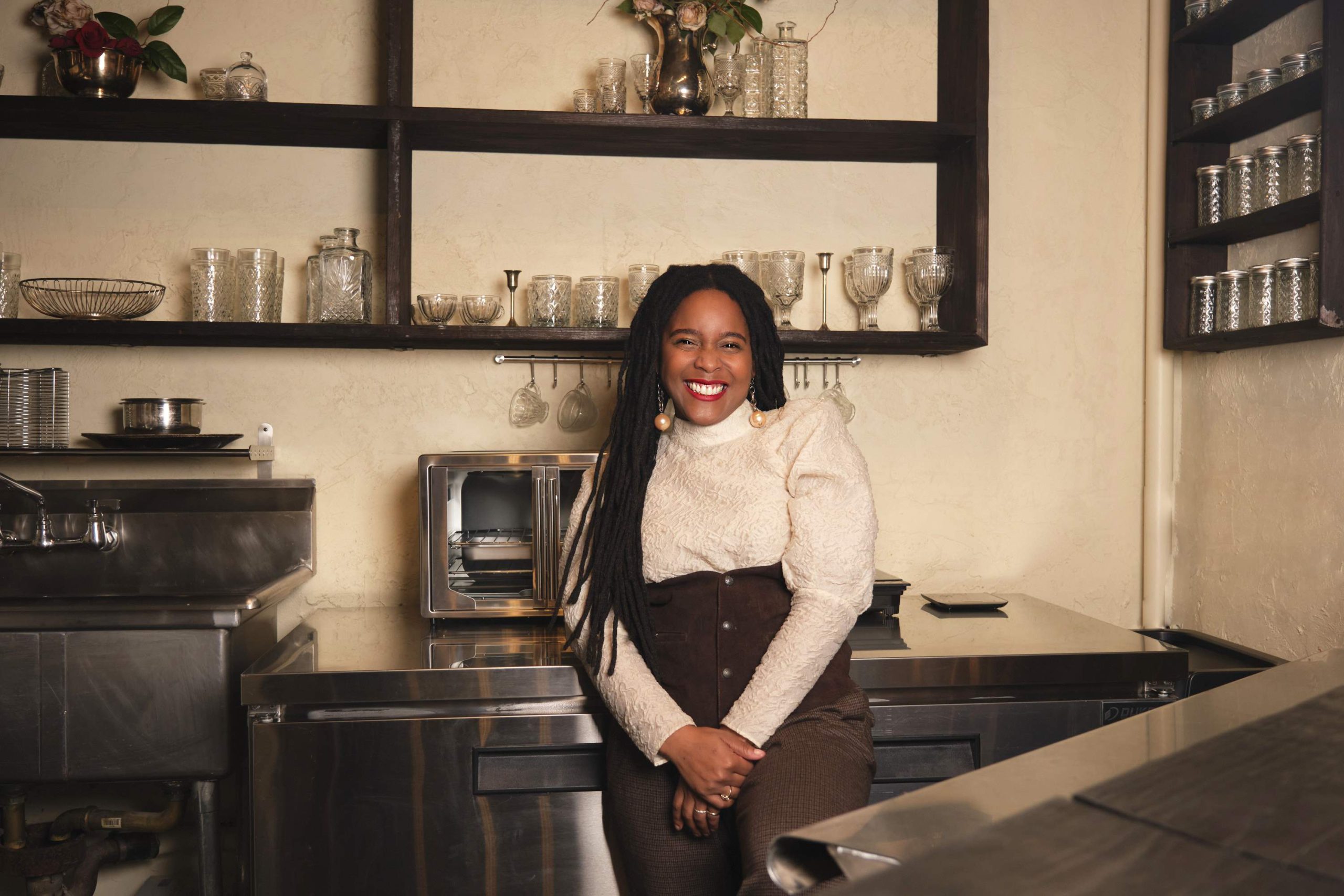
Superb ramen shops are a dime a dozen in our city, but few specialize in Asa ramen, a breakfast style that originated in Japan’s Shida district. Rasheeda Purdie, who came up in the kitchens of NYC legends Melba Wilson, Marcus Samuelsson, and JJ Johnson, is flipping the script with Ramen by Ra. “I wouldn’t be where I am today without each and every one of them,” Purdie says of her mentors.
For the past several weeks, she’s been slinging bowls of bacon, egg, and cheese; BLT; and salmon gravlax ramen from a cozy counter in the Bowery Market. For Purdie, it doesn’t get more New York than that. “New York is a melting pot, and I really enjoy bridging the gap between cultures through food,” Purdie says.
Ramen came to her when she, like many in the food industry, was out of work during the pandemic. “It brought a stillness to my life during that time,” she says. Soon, she started selling ramen kits to overcome the isolation of those days, which then turned into pop-ups, and finally culminated in the five-seater on the Lower East Side.
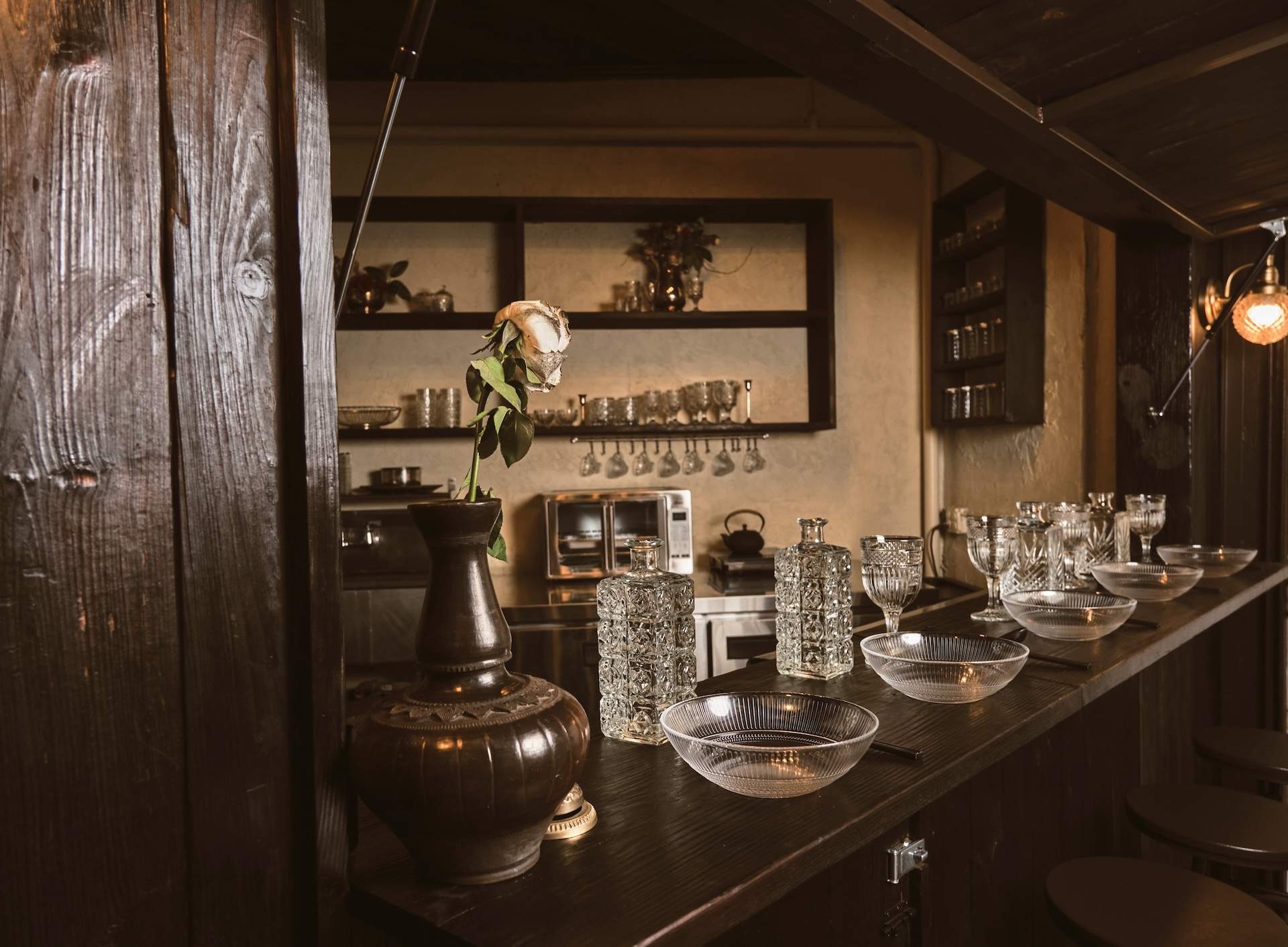
What Purdie likes most is the intimate setup, where she gets plenty of one-on-one time with her diners. “I talk, you can see me compose the ramen, we build, we engage—this is truly the type of experience I’ve always wanted,” she says.
Purdie is currently excited about her Southern-style potlikker collard greens ramen, a Black History Month special (from February 7 to 10), but more than anything she wants to dispel any morning-ramen-eating hesitation you might have. “Who said you couldn’t eat ramen in the morning?” she asks. “Let’s open up the floodgates and enjoy food whenever it comes to mind.”
Book now
Melba’s (Harlem)
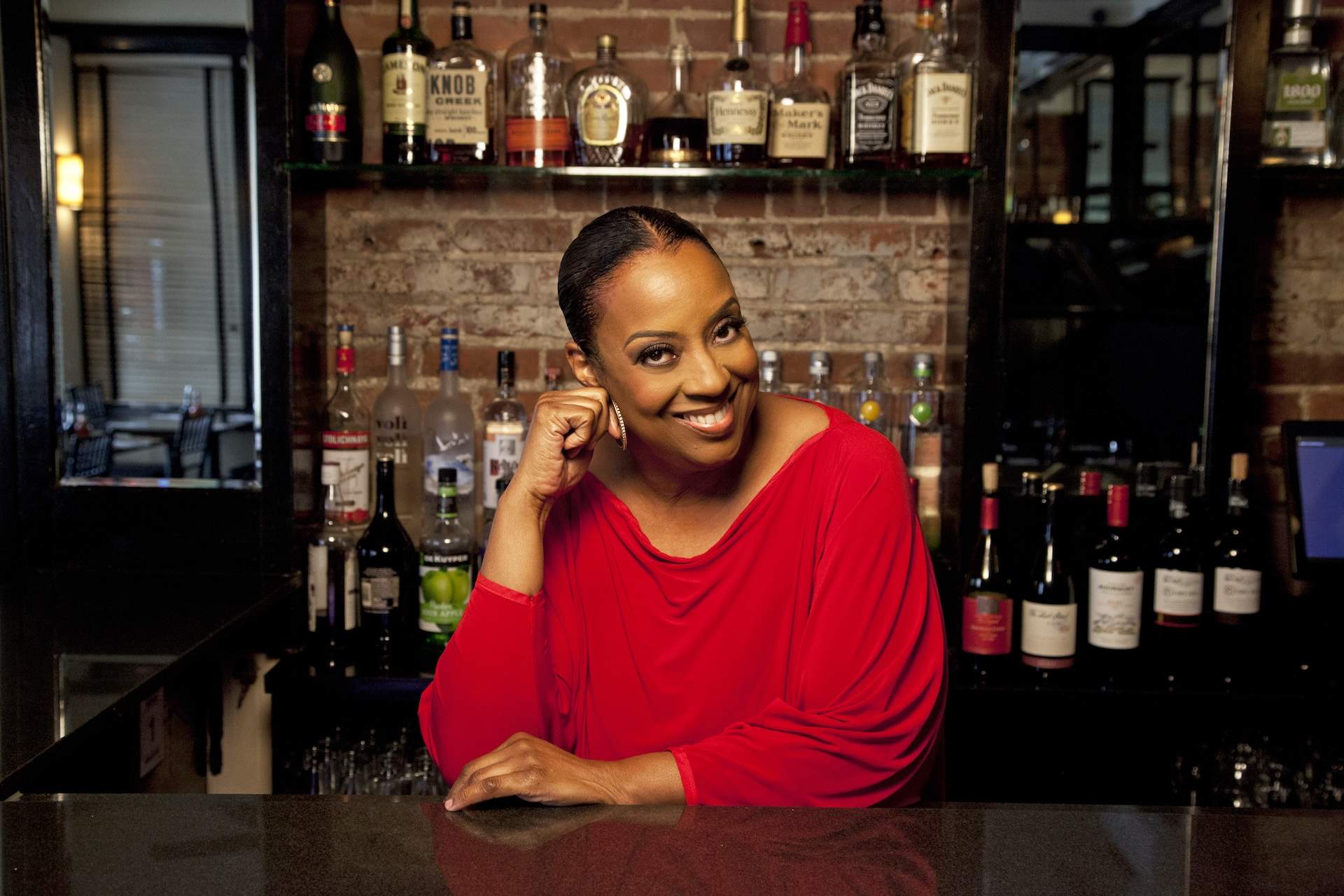
Purdie’s mentor and acclaimed chef Melba Wilson will celebrate 20 years at her restaurant next year. In fact, Melba’s is so beloved now, it’s just as synonymous with Harlem as her aunt Sylvia Woods’s iconic neighborhood restaurant, where Wilson got her start.
“When I wanted to open my restaurant, so many people said, ‘You’re female, you’re Black, you’re from the ghetto; that will never happen,’” Wilson recalls. “They looked at those as liabilities, but I looked at them as assets. I want my legacy to be that if this Black girl from Harlem can do it, so can you.”
And Wilson says her legacy is built squarely on the shoulders of other women of color. She learned about the power of positive thinking as a nine-year-old working for the late Ophelia Devore, one of America’s first Black models. She knew never to give up after she started working in her aunt’s kitchen in 1987. And working with the famed Josefina Howard at Rosa Mexicano made her an even better chef. She’s building on that by empowering women like Purdie. “That is my job and honor, and most importantly my pleasure to pay it forward,” she says.
In addition to the Harlem location, she now operates three other outposts, including one overlooking Wollman Rink at Central Park. “It’s in the same space where my parents and I would go and watch other people skate because we couldn’t afford to skate in the park,” she says. Wilson is also excited about a line of beverages, a hot sauce, and a barbecue sauce all coming out this year. “There are only so many ways people can dine with us at Melba’s, so we are bringing Melba’s to them.”
Book now
Neir’s Tavern (Woodhaven)
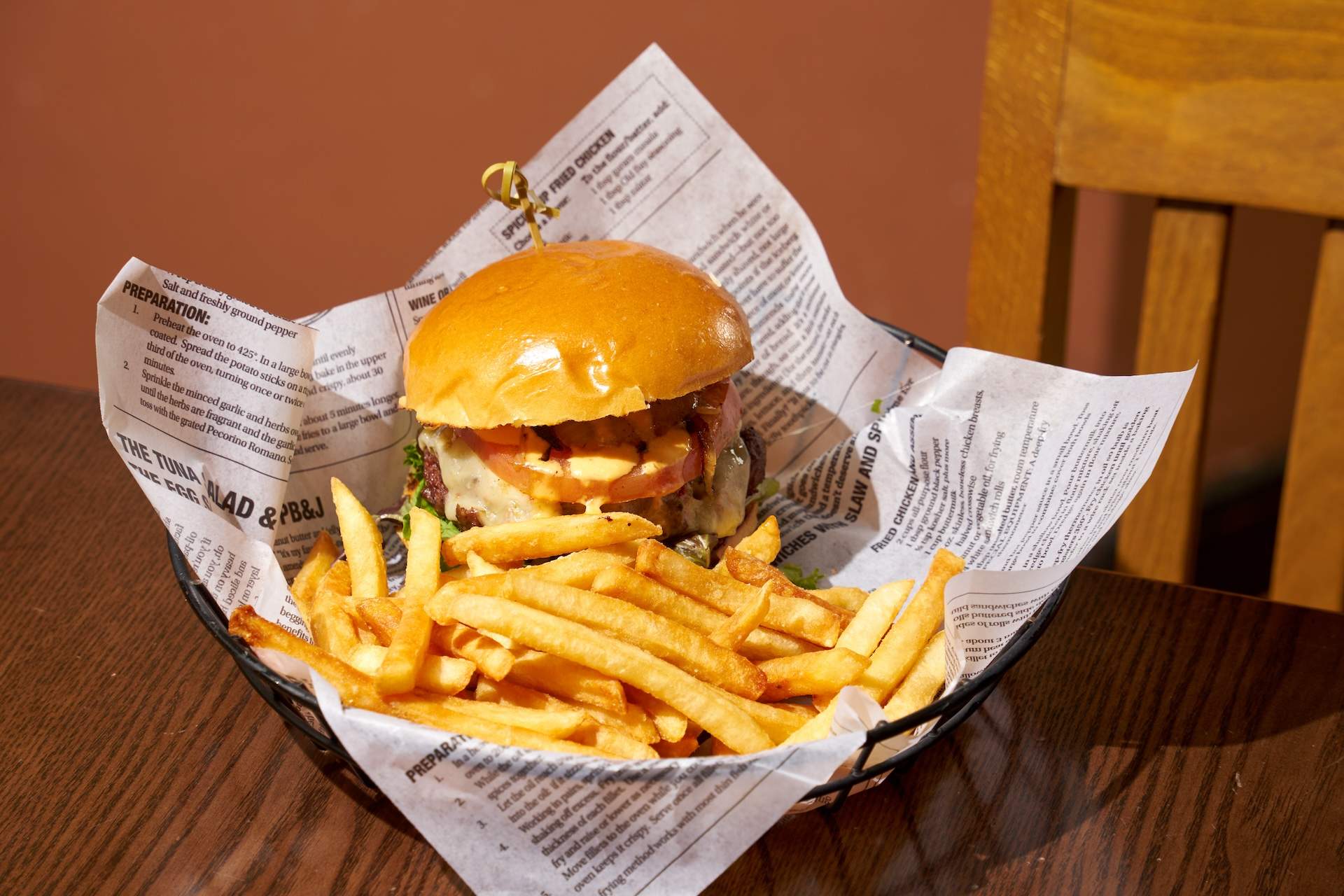
As a 10-year-old Jamaican immigrant in New York, Loycent Gordon was incredibly grateful to his community of teachers and neighbors that rallied to help him graduate top of his class. Fifteen years ago, when he became the owner of historic Queens bar Neir’s Tavern (which turns 195 this year), giving back to the city was top of mind. “One of the guiding questions in my mind was, ‘What if a Jamaican immigrant can save one of America’s oldest taverns?’” Gordon says. “What better way to give back to this country?”
And community was once again the reason Neir’s kept going when neighbors and local politicians rallied to help Gordon secure a new lease after a massive rent hike in 2020. “When I made a callout and everybody came to the rescue, it was really a validation of what I’ve been doing,” Gordon says. “People were willing to stick their necks out for a bigger purpose.”
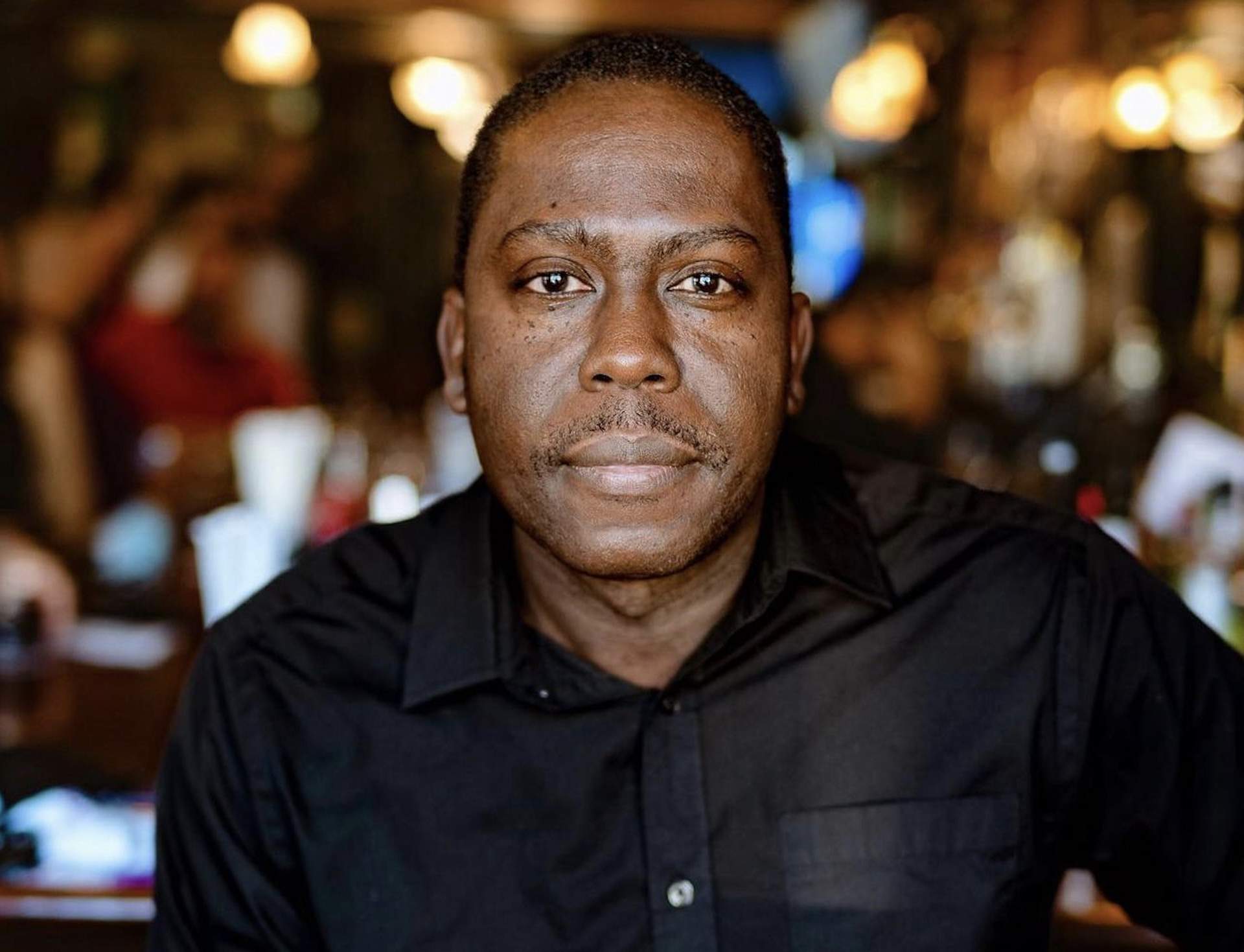
Today, the bar is thrumming thanks to a mix of locals and fans of the iconic 1990 film Goodfellas, which was filmed here. “Neir’s feels like that old grandpa you haven’t been to for a while,” Gordon says. “It’s unpretentious, inviting, and warm; a place you wish you had known a long time.” No trip to Neir’s is complete without an order of the Goodfellas burger and the Wiseguy cocktail, but most importantly, don’t leave without recreating one of the iconic scenes from the film.
Next up, Gordon has created a fundraising club (with special restaurant perks for members) to ensure that Neir’s gets to its 200th anniversary and beyond. “The proceeds go to our preservation and financial resiliency,” Gordon says.
Book now
Bixi, Lido, and The Fox (Harlem)
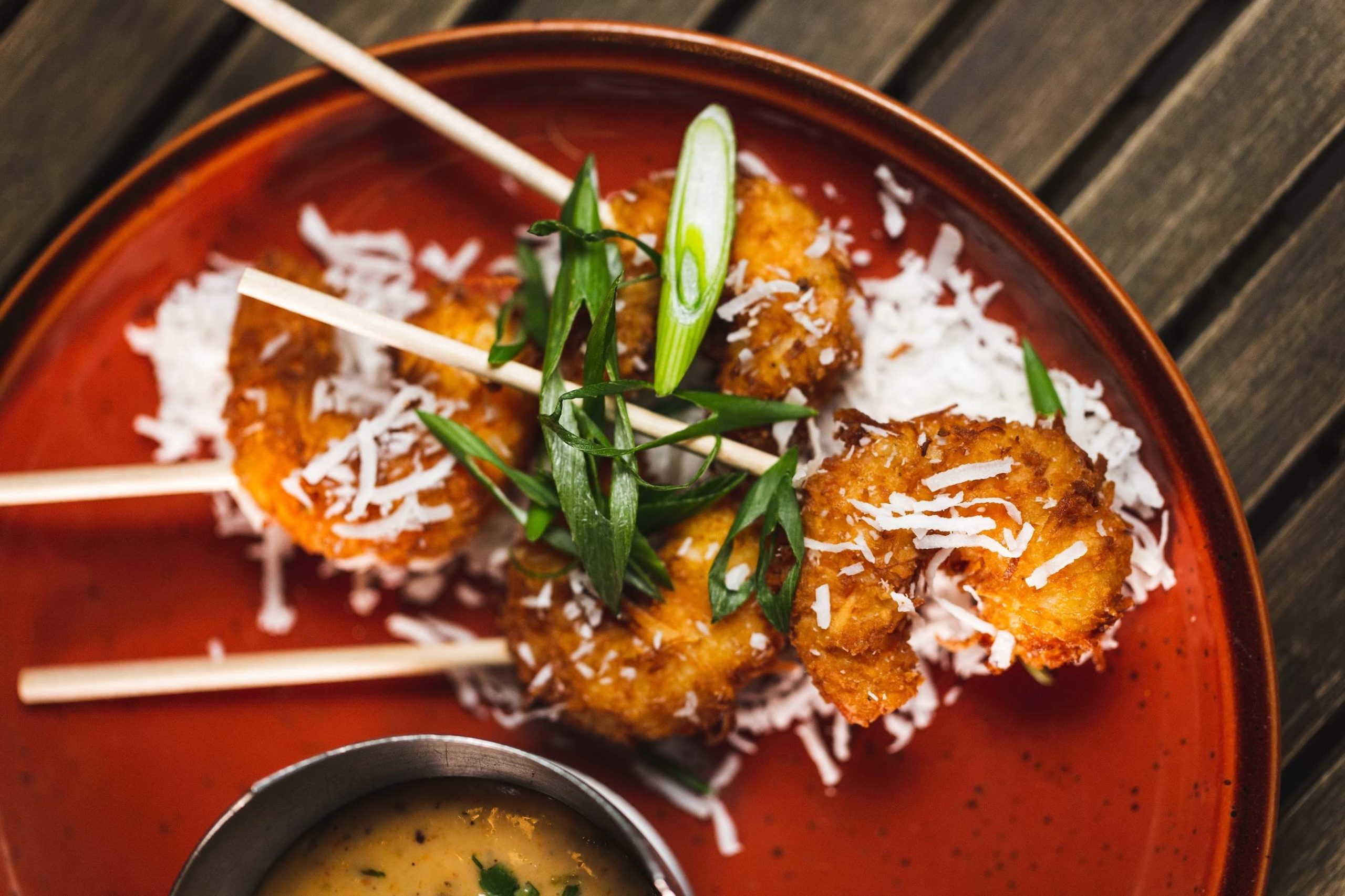
Lido has been a Harlem Italian mainstay for more than a decade. In the years since it opened in 2011, the restaurant group behind it has debuted pan-Asian spot Bixi and sports bar The Fox. Though all distinct, the restaurants are part of what’s known as Harlem’s Restaurant Row, the bustling, lively area between West 110th Street and 125th Street on Frederick Douglass Boulevard.
But there’s something else that’s brought these three spots a lot closer together: longtime staffers and regulars. The restaurants have had very little staff turnover since their openings, and most people who work at the restaurants are residents of the neighborhood—just like the diners that keep coming back. Two of the three restaurants (Bixi and The Fox) have a Black co-owner (Kwame Biney), and Black general manager Bianca Horn oversees all three restaurants. “It definitely feels like a community,” says Horn, who also lives in the neighborhood.
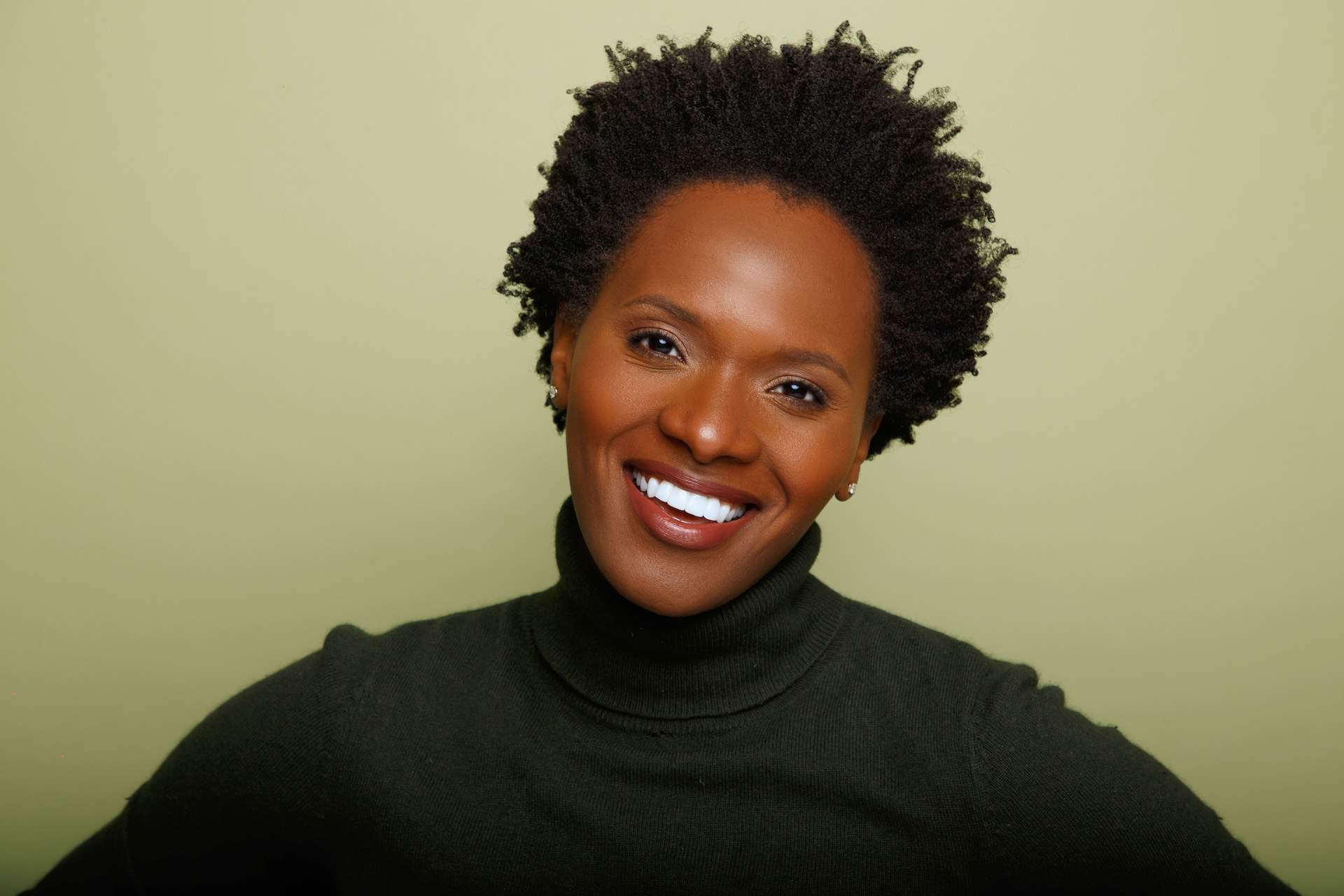
Plus, the restaurants are exciting to visit because they each have distinct favorites. Locals always call in to ask about the jumbo lump crab soup at Lido, the wings and the sliders are super popular at The Fox, and the spicy noodles have become the go-to at Bixi. And with James Beard Award winner Serena Bass serving as the brains behind all of the dishes—there’s no wonder these restaurants have become bonafide local favorites.
Book now for Bixi
Book now for Lido
Book now for the Fox
Tanay Warerkar is a content marketing manager at OpenTable, where he oversees features content and stays on top of the hottest trends and developments in the restaurant industry. He brings years of experience as a food editor and reporter having worked at the San Francisco Chronicle, Eater, and the New York Daily News, to name a few.

